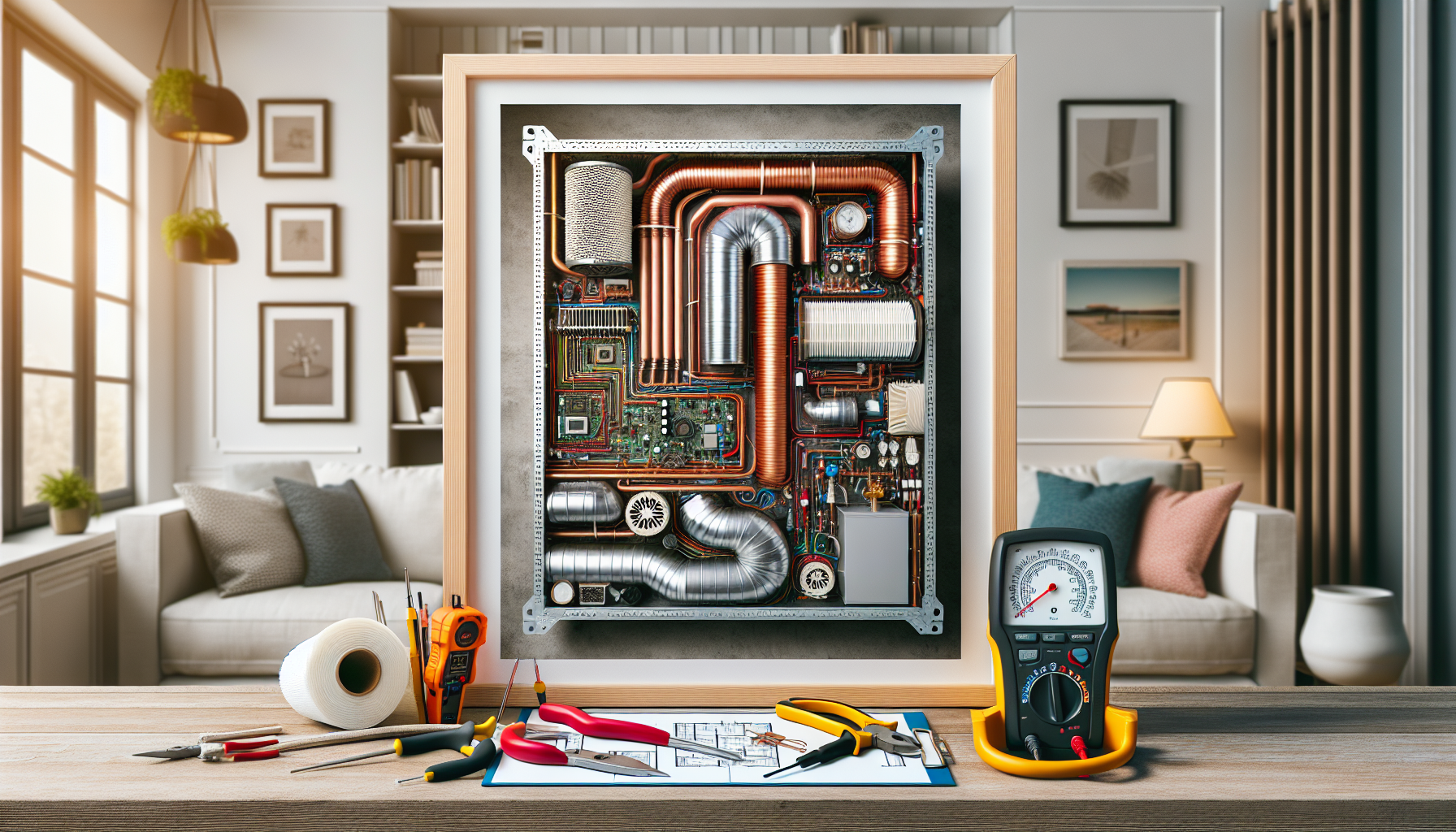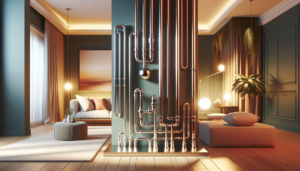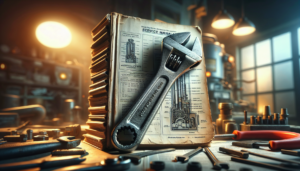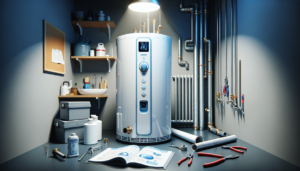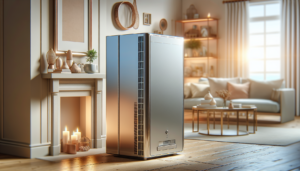What do you think happens to your home’s heating and cooling systems if they are not checked regularly?
Keeping your home comfortable all year round is super important. You rely on your heating and cooling systems, known as HVAC systems, to keep you warm in winter and cool in summer. But, just like your bike or your favorite toy needs regular care, your HVAC system also needs special attention. One of the best ways to ensure your HVAC system is working properly and safely is through HVAC safety inspections. Let’s take a closer look at why these inspections matter.
Table of Contents
ToggleWhat is HVAC?
First, let’s understand what HVAC stands for. HVAC is short for Heating, Ventilation, and Air Conditioning. These systems make sure the air in your home is just right. If it’s too hot or too cold, the HVAC system helps to fix that.
How Does HVAC Work?
Your HVAC system works by using different parts to control the temperature and air quality in your home. The heating part warms your house in colder months, and the cooling part cools your house in warmer months. The ventilation part makes sure that fresh air comes in, and stale air goes out. Together, they help you enjoy a comfy space.
Why Safety Inspections are Important
You might wonder why it’s necessary to have safety checks for something like your HVAC system. Just like checking if your bike has air in the tires before you ride, checking your HVAC system in advance helps to avoid problems later.
Prevents Safe Issues
Safety inspections help avoid dangers. Problems in the HVAC system can cause smoke or carbon monoxide, which is very harmful. Inspections find these risks early.
Saves Money
Having your HVAC system checked may seem like an extra expense, but it actually saves you money in the long run. Just like taking your car for regular check-ups helps it run better, looking after your HVAC will help it work efficiently, and this can lower your energy bills.
Increases Lifespan of the System
If you take care of your HVAC system, it can last a lot longer. Regular safety inspections help to keep everything running smoothly. If your system is well maintained, it can serve you for many more years, just like how a well-cared-for toy can last a long time.
Keeps Your Home Comfortable
No one wants to be too hot or too cold. Regular safety inspections help to make sure your home stays at the perfect temperature. Having a nicely maintained HVAC system means you can enjoy your time inside no matter the weather outside.
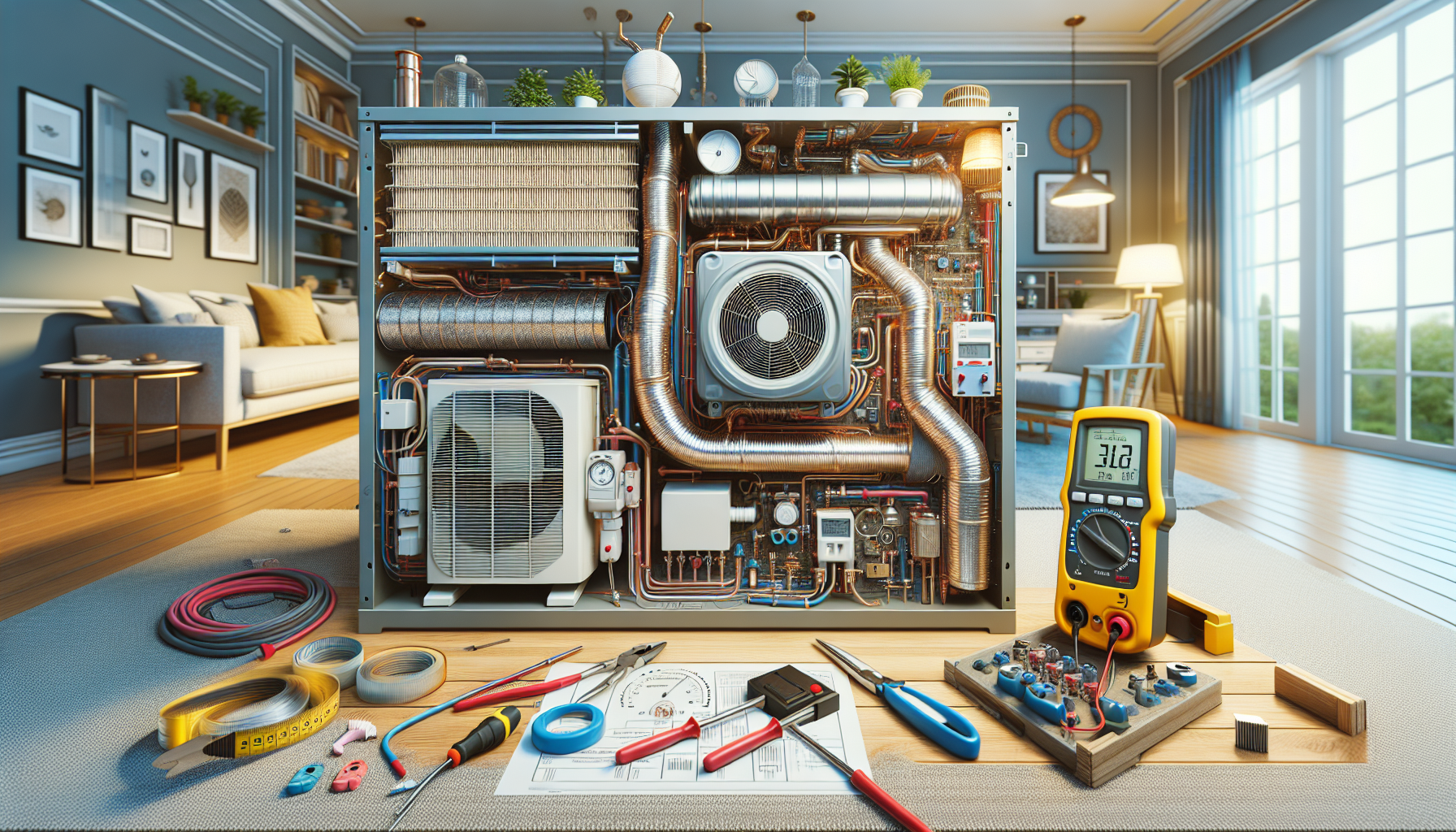
What Happens During a Safety Inspection?
You may wonder what exactly happens during a safety inspection.
Checking the Thermostat
The thermostat is like the brain of your HVAC system. It tells the system what temperature your home should be. Technicians make sure the thermostat works accurately during the inspection.
Inspecting the Ductwork
The ductwork is like the highway for the air moving through your house. Inspections check the ducts for leaks or blockages that might stop air from getting to where it needs to go.
Examining the Furnace
When it’s chilly outside, your furnace gets to work to keep you warm. Inspectors check if everything inside the furnace runs well and that it’s safe to use.
Reviewing the AC Unit
Your air conditioning unit cools your home in the summer. Technicians inspect it to ensure it isn’t clogged and works effectively.
Cleaning the System
During the inspection, HVAC experts also clean the system. Dust and dirt can pile up, making it work harder. Cleaning helps it run well.
How Often Should You Get an Inspection?
You must now know how an HVAC system works and the importance of inspections. But how often should you get these inspections done?
Once a Year
It’s a good idea to have HVAC safety inspections done at least once a year. Many people choose to do this in the spring before the hot summer months. This ensures everything is ready to keep them cool.
After Major Weather Changes
If there is a significant change in weather, like a big storm, you should check your HVAC system. Storms can cause damage, so it’s always good to look after your HVAC even after unexpected weather.
If You Notice Any Issues
If you notice anything strange, like unusual noises or strange smells coming from your HVAC system, you should get an inspection right away! Don’t wait for it to get worse.
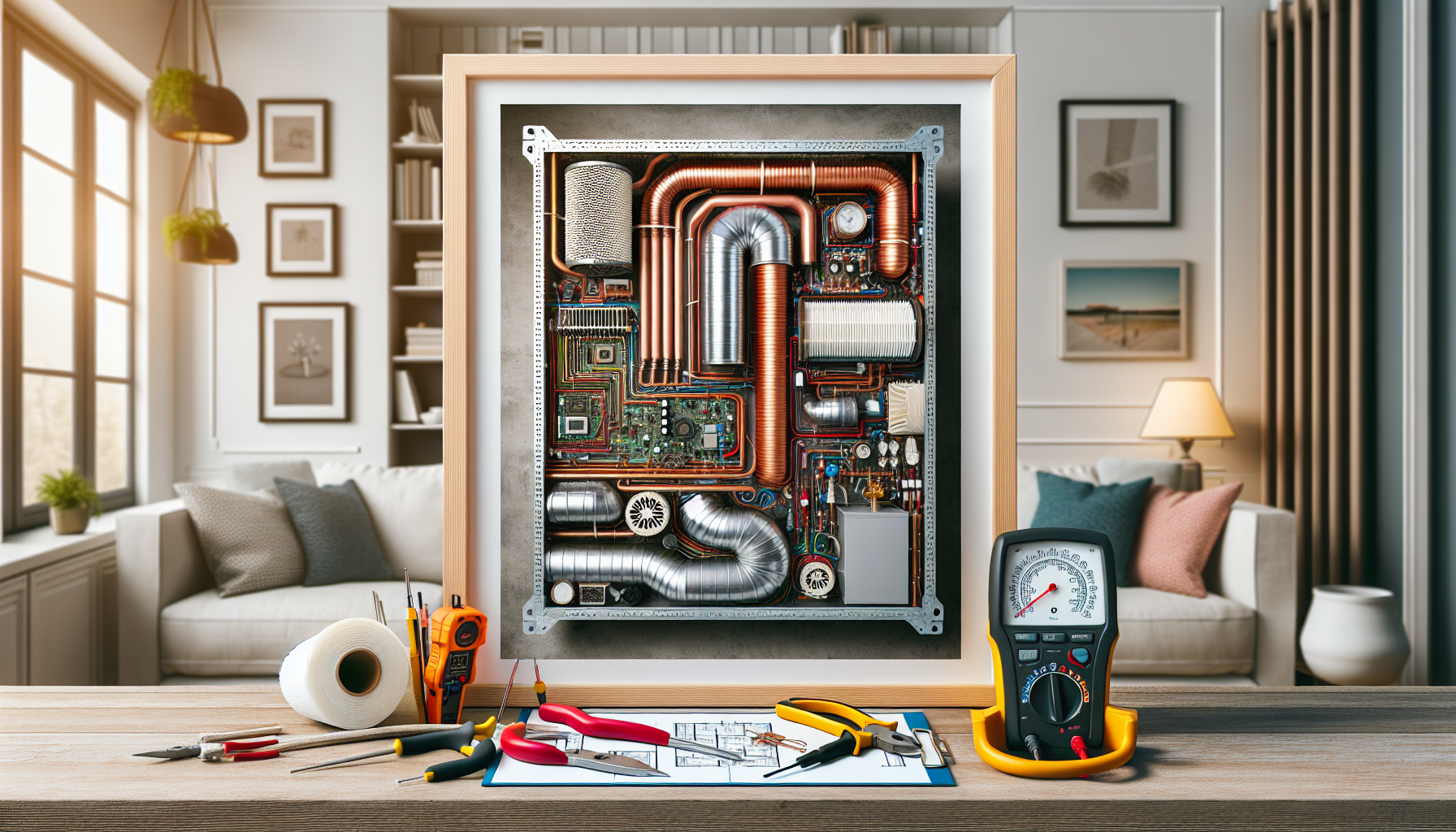
Dangers of Skipping Inspections
If skipping a safety inspection might seem like a time-saver, it can actually create big problems. Let’s look closer.
Risk of Carbon Monoxide
If your furnace isn’t working properly, it could leak a gas called carbon monoxide. This gas is very dangerous and can make you feel very sick. Regular inspections help to ensure everything is safe.
Higher Energy Bills
When HVAC systems aren’t working well, they use more energy. This means you might pay more on your bills. Regular inspections can help keep your costs lower because everything runs efficiently.
System Breakdowns
Without regular checks, your HVAC system might suddenly stop working. This could leave you with no heat in winter or no air conditioning in summer. Inspections help find little problems before they become big, costly problems.
How Can You Prepare for an Inspection?
It’s pretty simple to get ready for an HVAC safety inspection, and doing so can make things easier for everyone involved.
Clear the Area Around Your HVAC Units
Just like how you like a clean room, your HVAC systems like clean spaces too! Make sure you move any boxes or furniture away from the furnace or air conditioner. This helps the technician reach everything.
Change Air Filters Regularly
Air filters are like the lungs of your HVAC system. They trap dust and dirt. Changing them regularly, often every one to three months, can help your HVAC system work better, especially before an inspection.
Make a List of Any Issues
If you’ve noticed something not right, write it down. Share this list with the technician. It helps them focus on what to check during the safety inspection.
Choosing the Right HVAC Company
Now that you know safety inspections are important, how do you find the right company?
Look for Experience
It’s helpful to choose a company that has been around for a long time. Experienced technicians know what to look for during inspections. KadeCo Inc. has been working since 1997, so they have lots of experience.
Check Customer Reviews
Look up what other people say about the company. Are their reviews positive? This can help you trust your decision.
Ask About Prices
When getting your HVAC inspected, it’s good to know how much it will cost. At KadeCo Inc., you can get quotes for free. They want you to know what you’ll pay before you agree to anything.
Trust the Technicians
Choose a company where technicians are friendly and helpful. You want someone who can answer your questions and make you feel comfortable. KadeCo Inc. is known to treat customers with respect and honesty.
What to Expect After an Inspection
After your HVAC safety inspection, you will get feedback from the technician about what they found.
Repairs Needed
Sometimes, the technician might find things that need fixing. They will tell you exactly what needs to be done. At KadeCo, you will only be told about necessary repairs, and they will not upsell you on things that aren’t broken.
Maintenance Suggestions
You might also receive tips on keeping your HVAC system running well. They might recommend changing air filters more often or cleaning ducts.
Peace of Mind
Most importantly, after an inspection, you can feel safe and comfortable at home. Knowing your HVAC is working correctly means you can relax and enjoy your home environment.
Conclusion
Regular HVAC safety inspections are essential for anyone who owns a home. They keep you safe, save you money, and ensure your home stays comfortable.
If you need help with your HVAC system, consider reaching out to KadeCo Inc. They have been in business since 1997, and their skilled technicians can help you with all your HVAC needs.
You can contact KadeCo Inc. at:
KadeCo Inc.
209 Brandywine Rd
Pensacola, FL 32507
(850) 516-7552
Remember, keeping your home safe and comfortable is important, and HVAC safety inspections are a big part of that. Make sure your HVAC system gets the care it needs!


